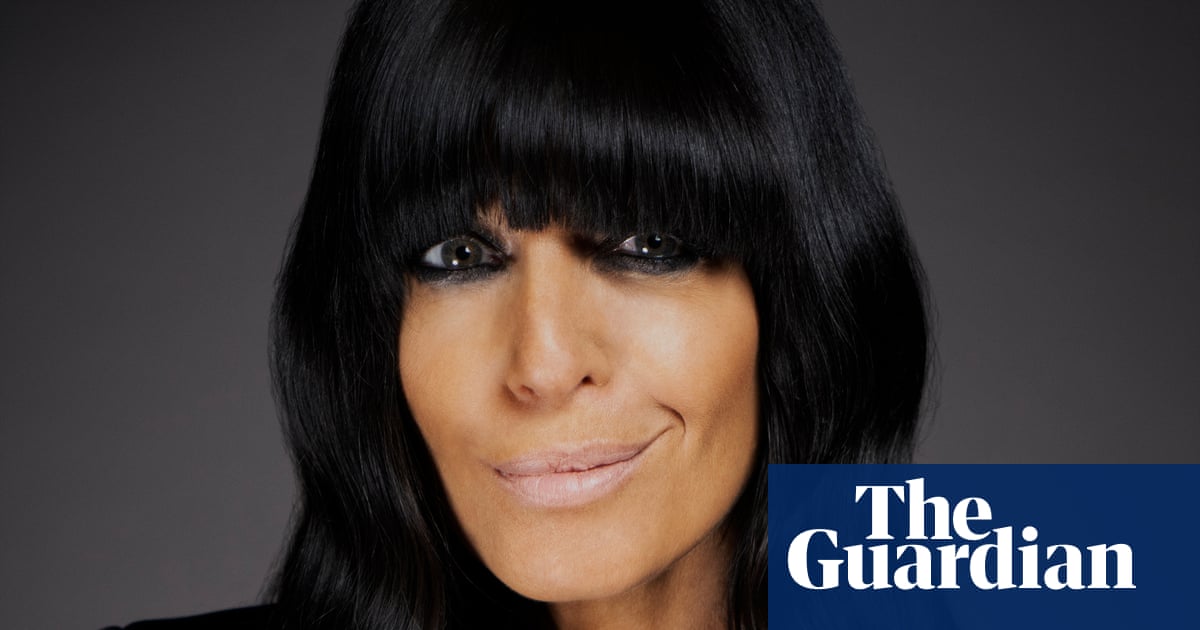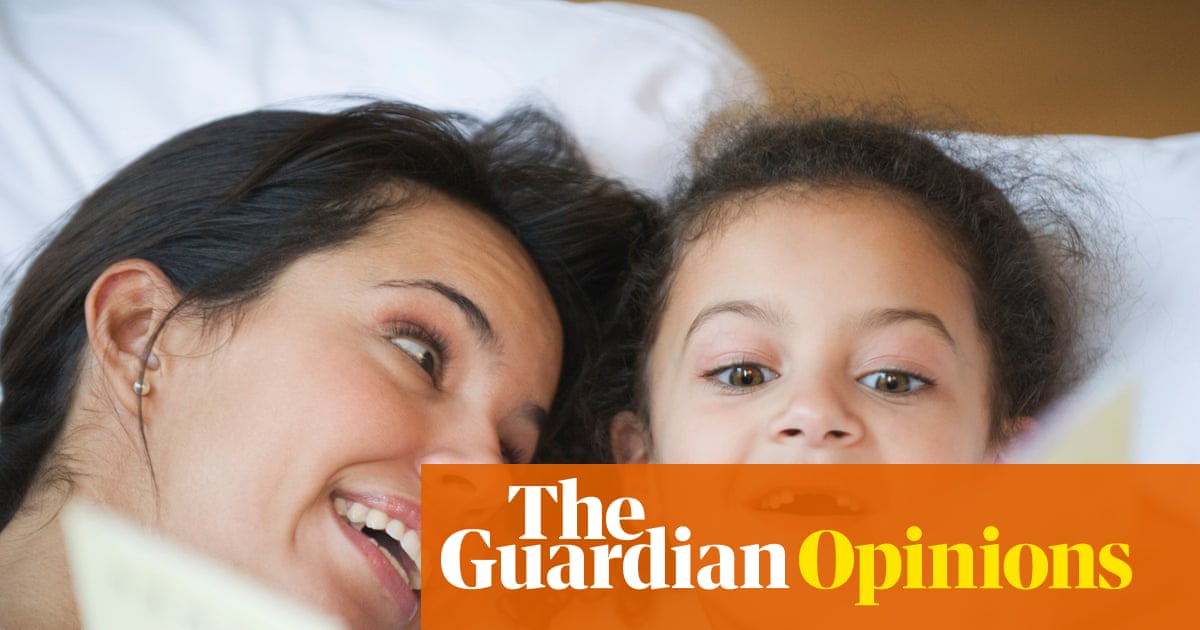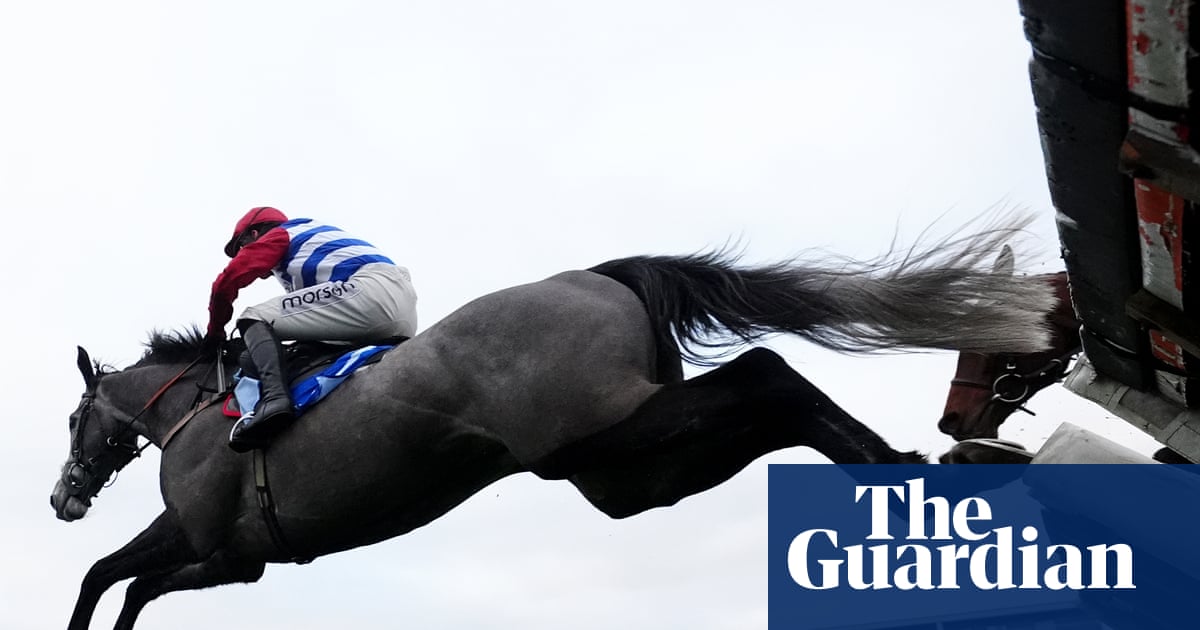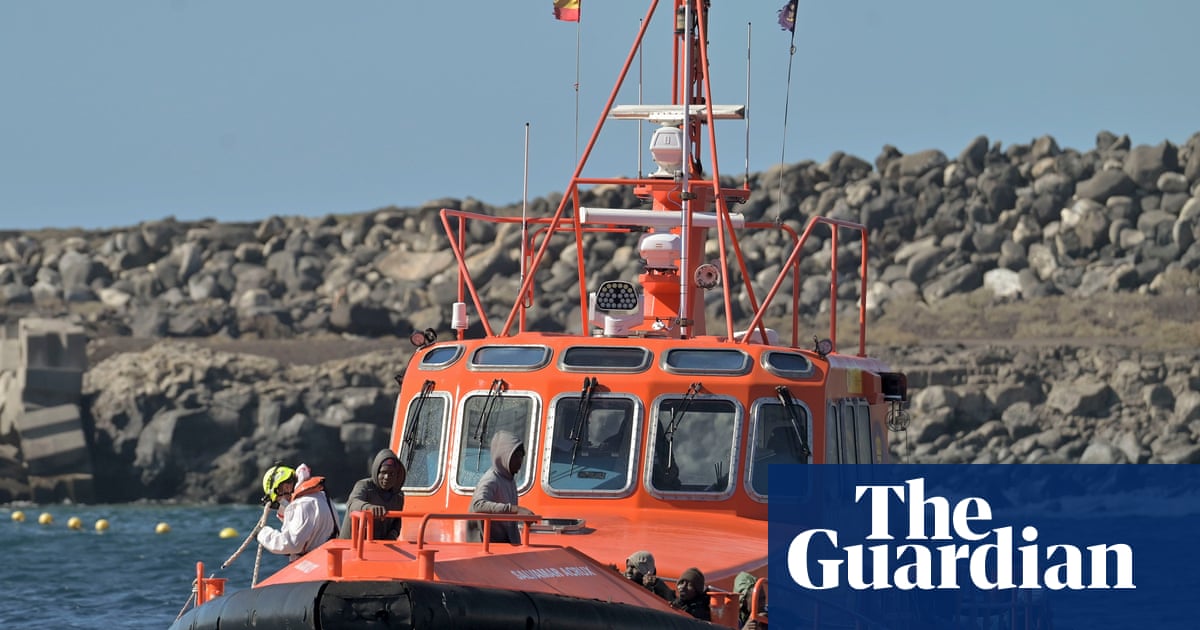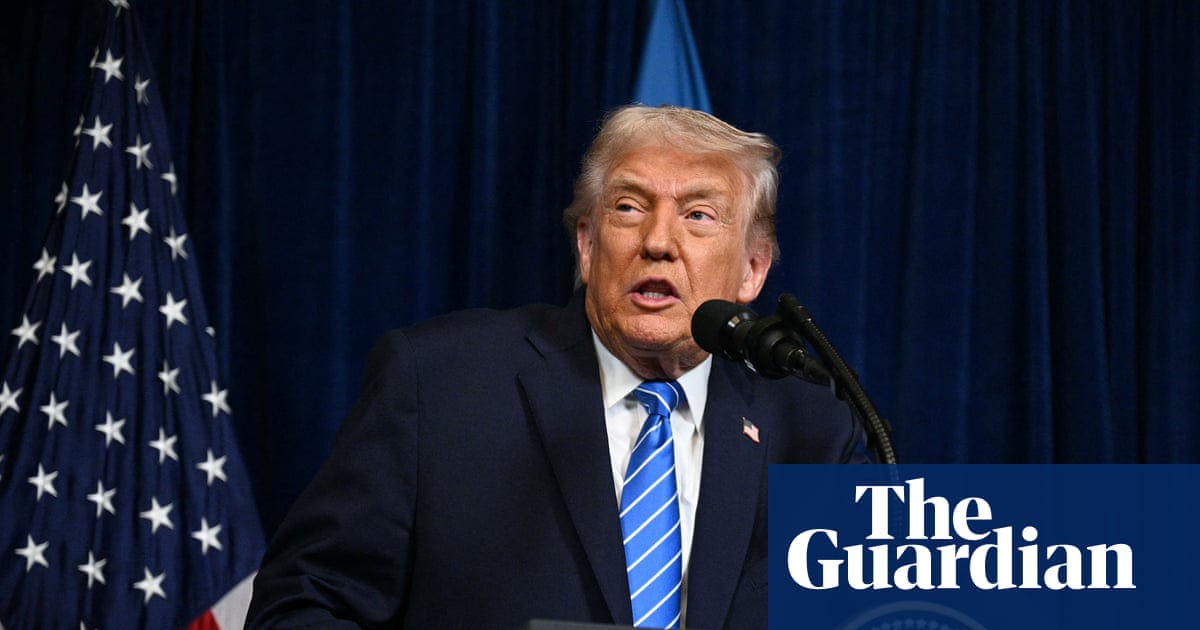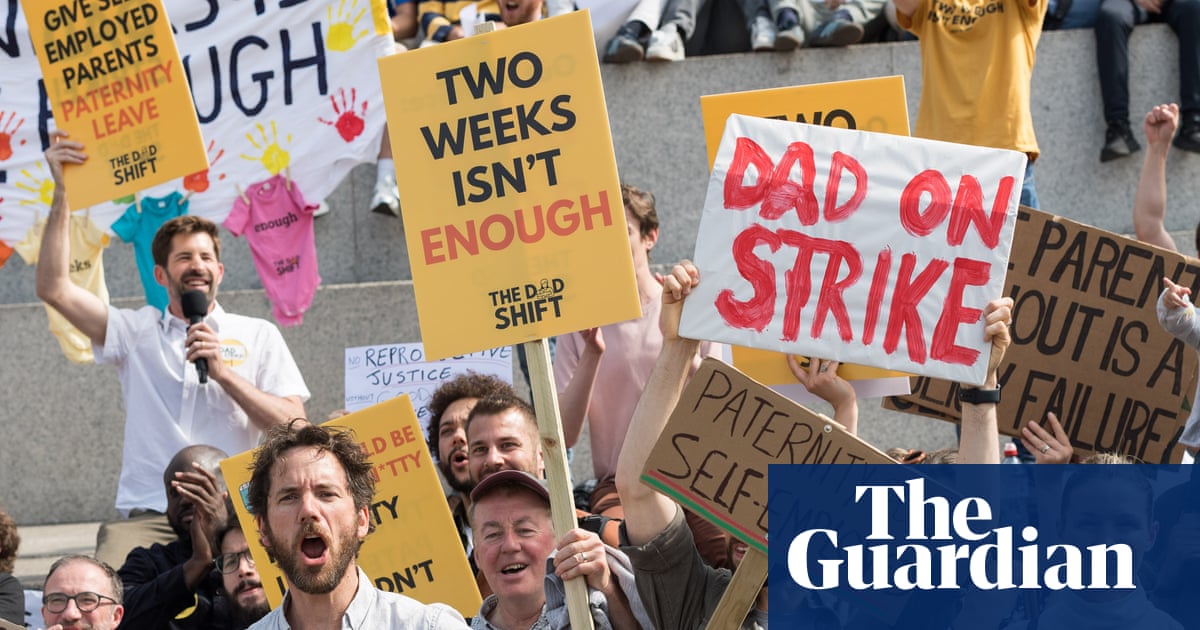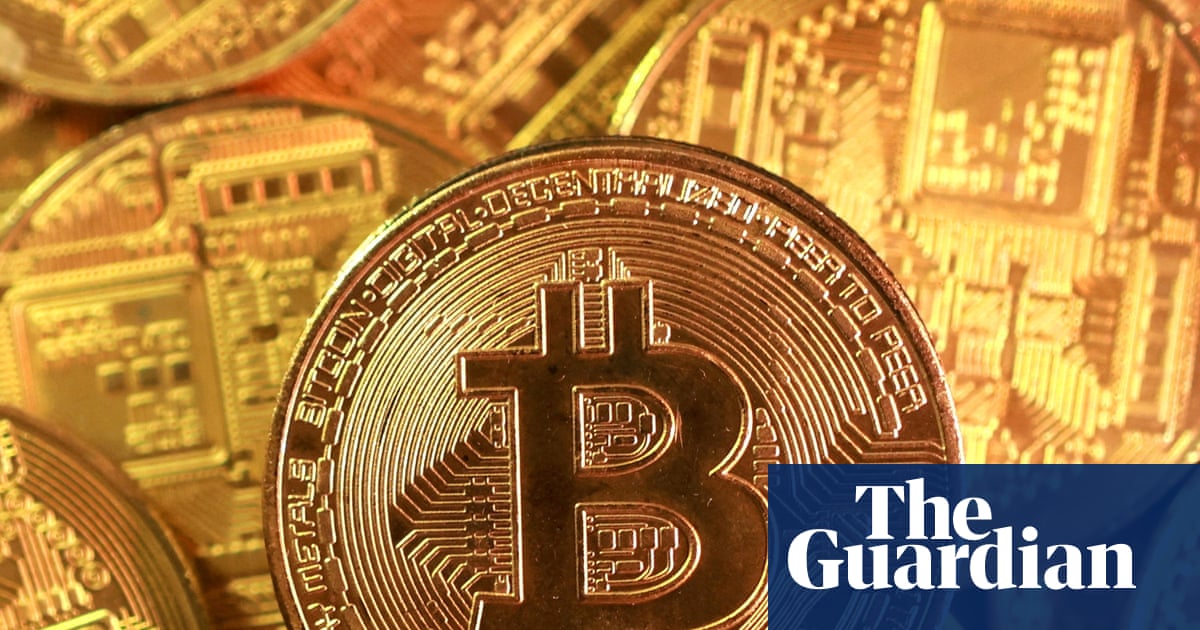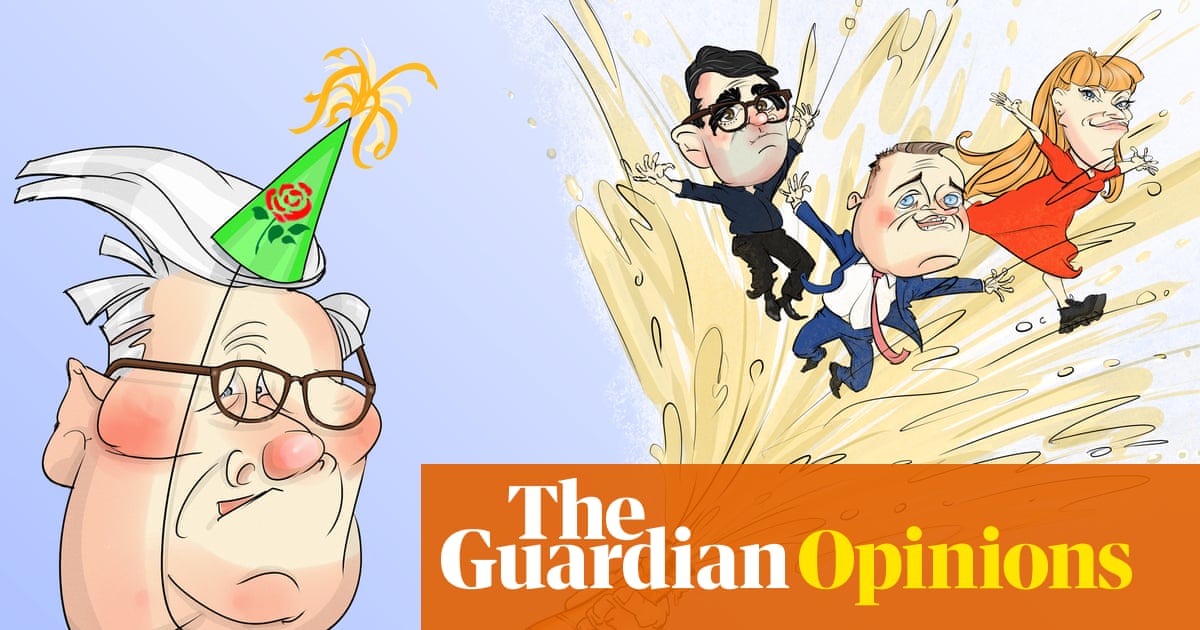If we want to build a better life, we have to be able to not know. Does that sound confusing? Perhaps you don’t know what I’m talking about? Good! That’s great practice.
If you cannot tolerate not knowing, you run the risk of arranging your life so you can know everything (or at least try to), and you may end up sapping your existence of any spontaneity and joy. You don’t ever have the experience of exploring a new place and discovering something exciting, because you’ve already Googled it. And you don’t give a new relationship a chance to develop because you’ve already written that person off. You plan the life out of your life, and your only enjoyment comes from things working out exactly as you knew they would.
Being able to not know, for the poet John Keats (and the psychoanalyst Wilfred Bion who quoted him), means being “capable of being in uncertainties, mysteries, doubts, without any irritable reaching after fact and reason”. It gives rise to a state of mind in which your thoughts can wander and wonder, you can be curious, have feelings, and out of those feelings can grow thoughts, and you can dream and test out ideas and explore.
It sounds good, like a profound internal freedom. But that is not how it feels to me.
I hate not knowing. I’ve always been more inclined to irritably reach after fact and reason. It is bad enough when I don’t know something that I will eventually know: waiting for exam results, or to hear back from a job interview, setting a timer for a pregnancy test – each of these experiences is excruciating for me. I used to tie myself into all sorts of knots, convincing myself that I knew the result would be the bad one, to protect myself from the not knowing and the potential for disappointment.
But even worse is the kind of not knowing where there is no correct answer, where it is a question of judgment and balancing different difficult outcomes – where no one can tell you what to do. The only way to survive and grow through this is to get better at not knowing.
I learned this through the experience of becoming a mother. I remember my good friend telling me that I had to learn to let go of knowing what’s going to happen in pregnancy and learn to ride the wave, because this was one case where I really couldn’t know. (This, by the way, is the worst for me – when someone knows something I don’t know.)
My third trimester and my daughter’s birth were peppered with emergencies that turned out not to be emergencies, and then some actual, terrifying emergencies. One doctor would tell us that the baby had to come out right now – only for another doctor to tell us we could wait. It was extremely anxiety-provoking and bad for my already high blood pressure. However, what disturbed me the most was one expert seeming to know, only for another expert to seem to know the exact opposite.
I hated not knowing and not being able to trust the people who were supposed to know – not understanding why nobody seemed to know. But one thoughtful clinician explained to me that, for my particular case of pre-eclampsia, doctors knew that before 34 weeks gestation, if possible it was generally better to keep the baby in; and after 37 weeks gestation it was generally safer to take the baby out – but between 34 and 37 the evidence was hotly debated, and every doctor would form a different view based on their clinical experience, their personal risk tolerance and their own judgment. So nobody knew. It helped me when I understood that.
Before training to become a psychodynamic psychotherapist, I didn’t even know I couldn’t not know. Even though my husband told me again and again (and continues to do so) how irritating it is that I always have to know everything and that I act like I do, I thought it was his problem that he didn’t appreciate and value my marvellous breadth of knowledge.
But when I began training as a psychotherapist, and I also became a patient in psychoanalysis, it very soon became clear that my knowingness was not a valuable character trait, but a defensive strategy, and a very poor one at that. I knew things – I planned for things, I learned things, I got good at things – to avoid not knowing things. I thought I knew – but, in reality, I didn’t understand.
The problem with knowing everything as a defensive strategy is that it is extremely ineffective. As well as being impossible, it actually makes you feel much worse. If you think it is your job to know everything, then when reality hits, you find yourself feeling like a failure. “If only I’d known!” Ha. No. If only you’d been able not to know.
So I remain in a process of developing a capacity not to know. It has been years but it’s still early days. I still find it agonising, I still hate it, but I am better able to tolerate it – at moments. I’ve had to get better at it because it is the most valuable thing I can offer my patients – my ability to bear not knowing and to be interested.
It’s the most important capacity to grow for my child, because I don’t know so much and she needs me to survive that. It is crucial for being in contact with reality, for building a better life, and a freer mind. It is unfortunate, but I have had to concede that this was one rare occasion on which my husband was right.

 1 month ago
47
1 month ago
47


